Flashcards - AI-Powered Study Aid
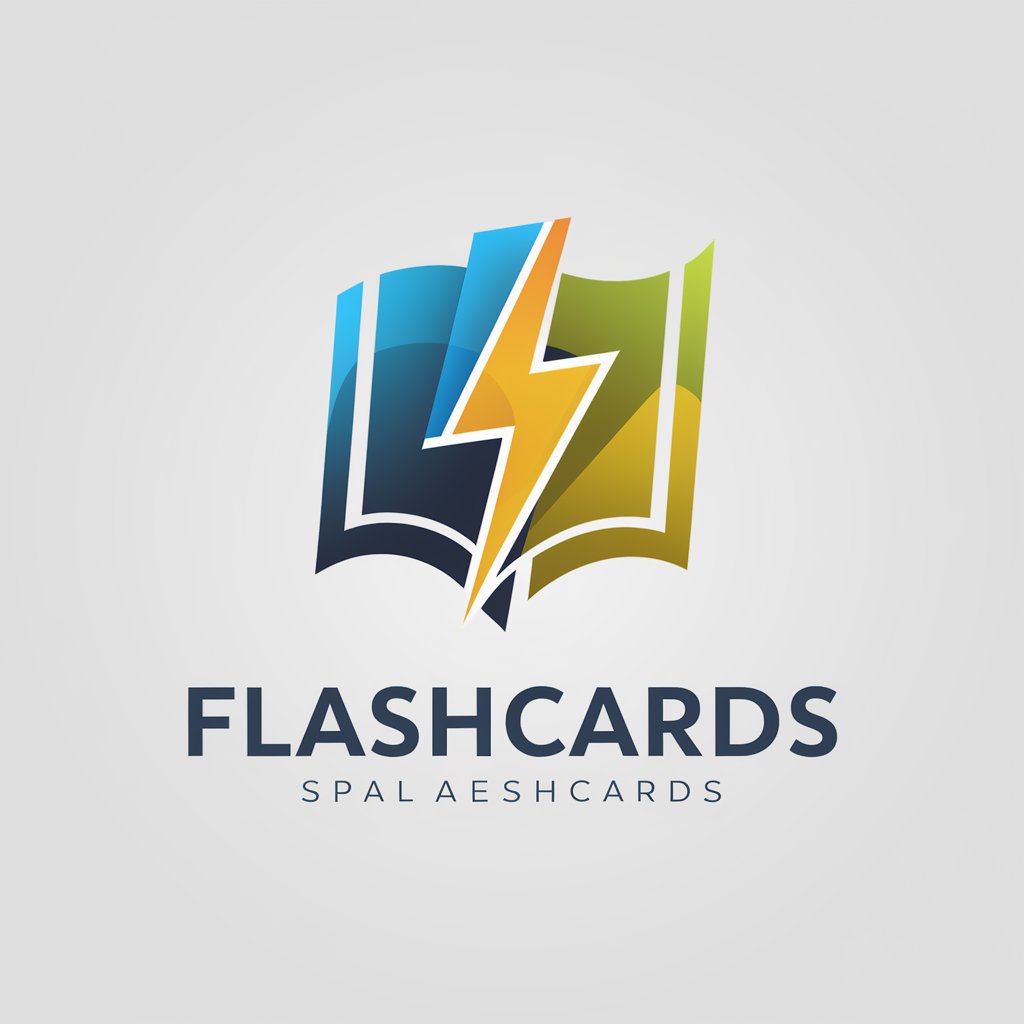
Welcome to Flashcards! Let's make learning fun and effective.
Empower Learning with AI
Create flashcards on the topic of...
Generate detailed study questions for...
Design a set of flashcards to help understand...
Prepare a series of flashcards covering...
Get Embed Code
Introduction to Flashcards
Flashcards, a specialized tool designed to enhance learning and information retention, operates on the principle of active recall and spaced repetition. This methodology involves the use of cards bearing questions, terms, or concepts on one side, with corresponding answers or explanations on the reverse. The design purpose of Flashcards is to facilitate efficient study sessions, making learning more interactive and engaging. For example, a flashcard might present a question such as 'What is the capital of France?' on one side, with the answer 'Paris' on the other, encouraging users to recall information actively rather than passively consuming it. Powered by ChatGPT-4o。

Main Functions of Flashcards
Customization
Example
Users can create flashcards tailored to specific subjects or topics, like 'Historical Events of the 20th Century' or 'Fundamentals of Biology.'
Scenario
A student preparing for a biology exam can create a set of flashcards focusing on key concepts and definitions, customizing the content to match the exam syllabus.
Spaced Repetition
Example
Flashcards can be organized in a manner that spaces out review times based on how well the user knows each card, optimizing memory retention.
Scenario
A language learner uses flashcards to memorize new vocabulary. Cards that are difficult to remember are reviewed more frequently, while those the learner knows well appear less often.
Interactive Learning
Example
Flashcards support interactive learning elements like images, audio clips, and mnemonic devices to enhance engagement and understanding.
Scenario
A medical student uses flashcards with detailed diagrams of the human anatomy and audio pronunciations of complex medical terms to improve their comprehension and pronunciation skills.
Progress Tracking
Example
Users can monitor their learning progress, seeing which areas they excel in and which require more focus.
Scenario
An IT professional preparing for a certification exam tracks their mastery of different topics, allowing them to allocate study time more effectively to weaker areas.
Ideal Users of Flashcards
Students
Students of all levels, from elementary school to postgraduate education, can use flashcards for efficient study and revision. They are particularly beneficial for subjects requiring memorization, such as languages, history, and science.
Language Learners
Individuals learning new languages benefit from flashcards by memorizing vocabulary, phrases, and grammatical rules, aiding in the reinforcement of language skills.
Professionals
Professionals aiming to acquire new skills or certifications can utilize flashcards to memorize industry-specific terminology, concepts, and practices, making them suitable for continuous learning in a professional setting.
Hobbyists
Hobbyists interested in topics like birdwatching, plant identification, or any other field with a significant amount of factual information can use flashcards to enhance their knowledge and enjoyment of their hobby.

How to Use Flashcards
Initiate a Free Trial
Access yeschat.ai to start a free trial of Flashcards without the need for logging in or subscribing to ChatGPT Plus.
Select a Format
Choose your preferred file format for the flashcards, such as Anki, PDF, or images, to ensure compatibility with your study methods.
Define Content
Specify the topic and the number of flashcards you require, focusing on areas you wish to learn or revise.
Review Flashcards
Once generated, review the flashcards to familiarize yourself with the content and structure, making any necessary adjustments.
Implement in Study
Incorporate the flashcards into your study routine, using them regularly to reinforce learning and aid in retention.
Try other advanced and practical GPTs
Artificial Group Chat
Engage in AI-powered group chats.
Summary Maker
Distilling Complexity into Clarity with AI
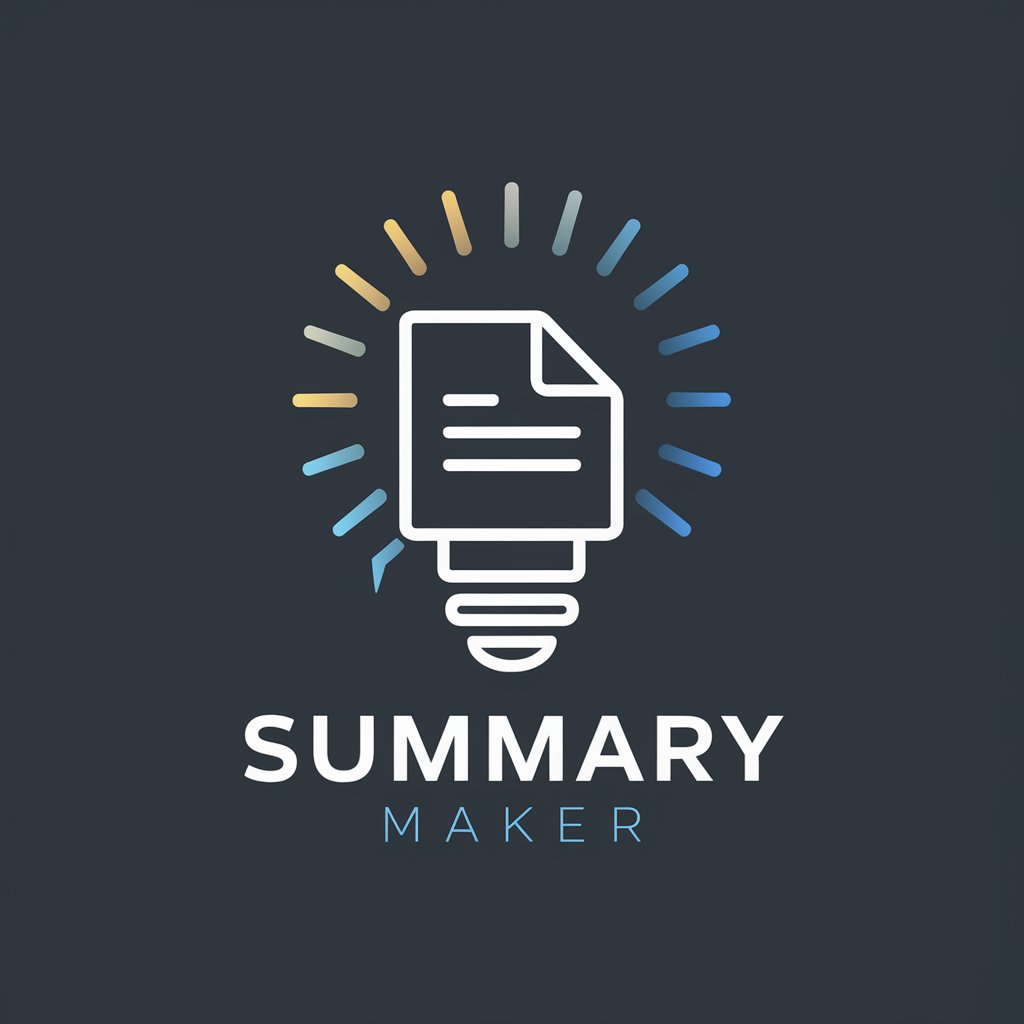
SEO Article Writer GPT
Crafting SEO-Powered Content and Visuals with AI

VectorDB Guide
Navigate Vector Databases with AI Expertise
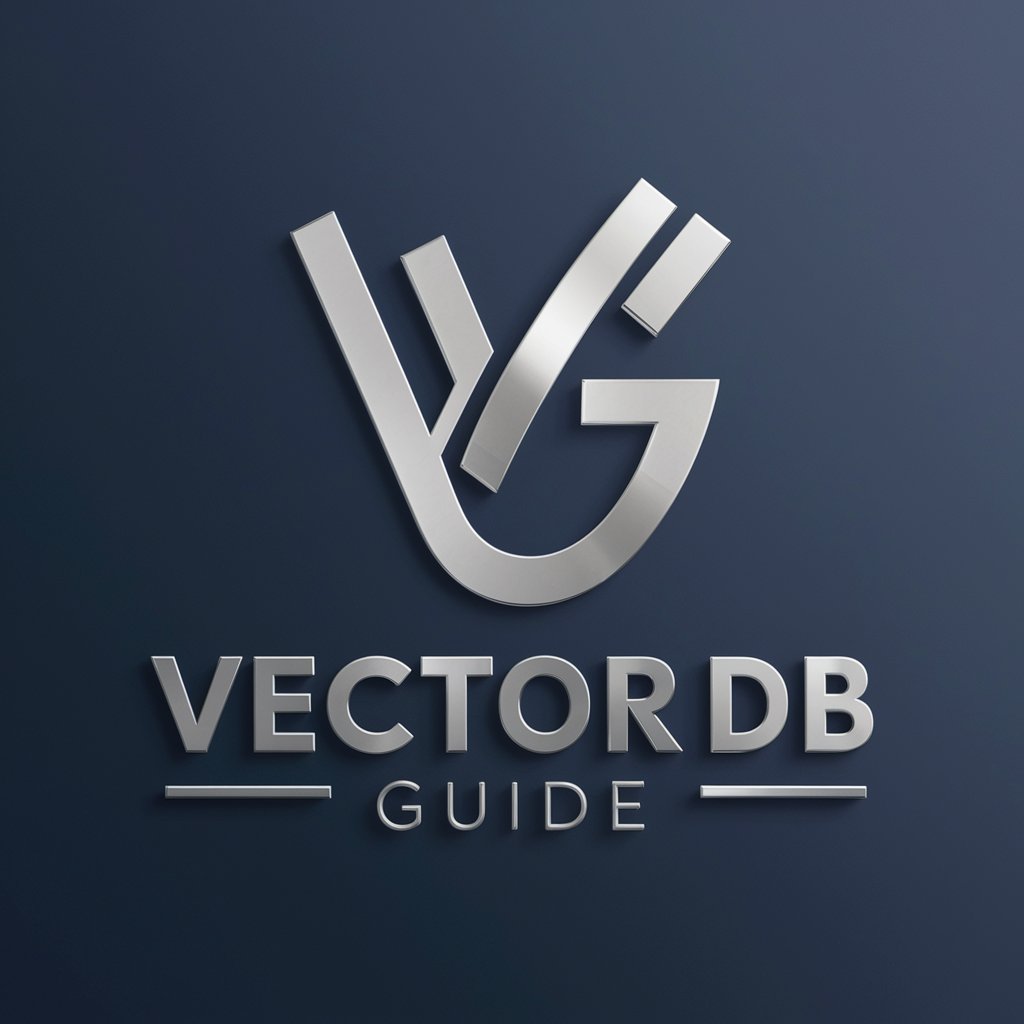
Intimacy Insight
Empowering Your Intimacy Journey with AI

FITNESS
AI-powered Personal Fitness Companion

Garry Pink Stone 💖
Embark on a Magical Quest with AI

Email Subject Line GPT
Craft captivating emails effortlessly
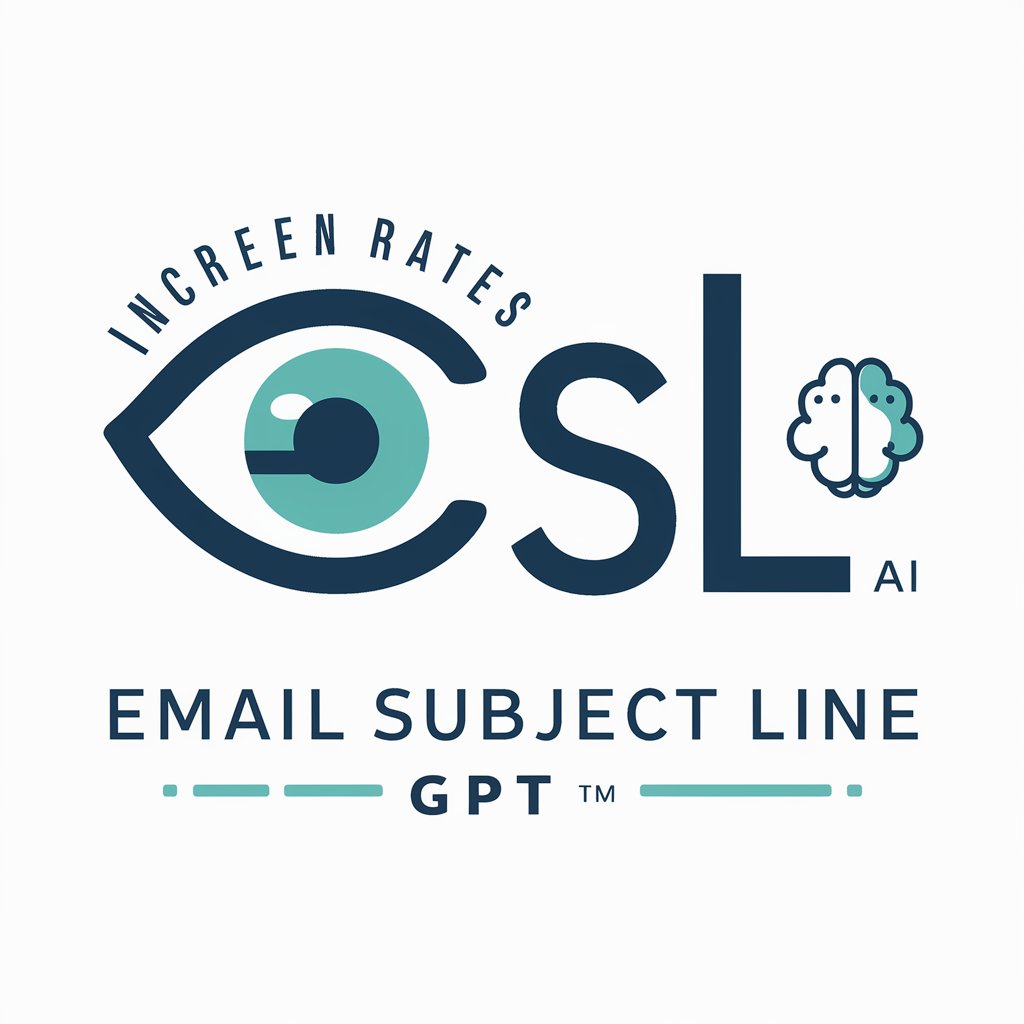
GeoMind
Unlock insights with AI-powered geospatial analysis.

! Gemstone Guide !
Unearthing Gemstone Secrets with AI

Mind Explorer
Unraveling Consciousness with AI
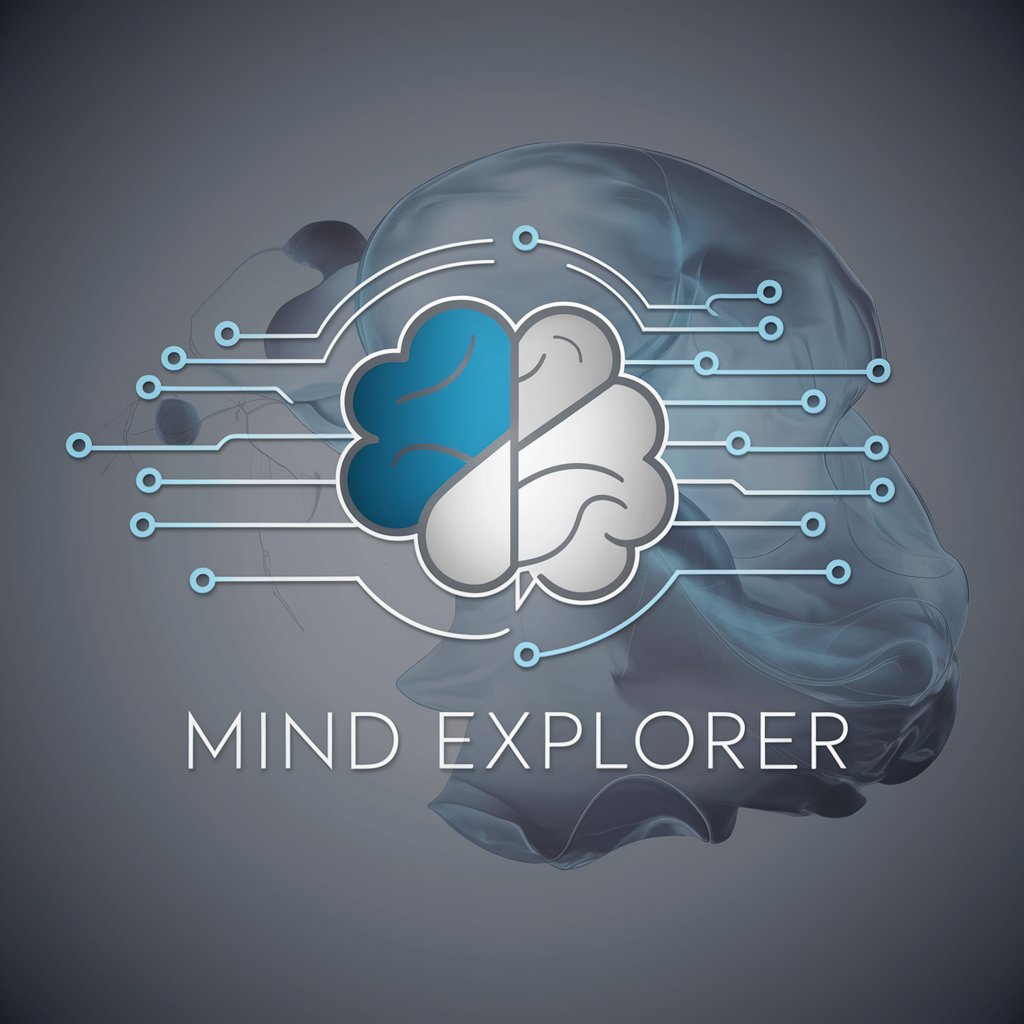
Brainwave Beacon: Idea Navigation Expert
Illuminate Ideas with AI-Powered Analysis

FAQs on Flashcards
What file formats are supported by Flashcards?
Flashcards supports various file formats including Anki, PDF, and images, offering flexibility for different learning preferences and platforms.
Can I customize the number of flashcards created?
Yes, you can specify the exact number of flashcards you need, allowing for tailored study sessions that focus on your learning goals.
How can Flashcards aid in effective learning?
Flashcards employs detailed, varied content in each card, enhancing understanding and retention through repeated exposure and active recall.
Are there any prerequisites for using Flashcards?
The primary prerequisite is to have a clear learning objective and desired content scope, ensuring the flashcards are aligned with your study needs.
Can Flashcards be used for collaborative learning?
Absolutely, Flashcards can be shared among peers or study groups, facilitating collaborative learning and knowledge exchange.
